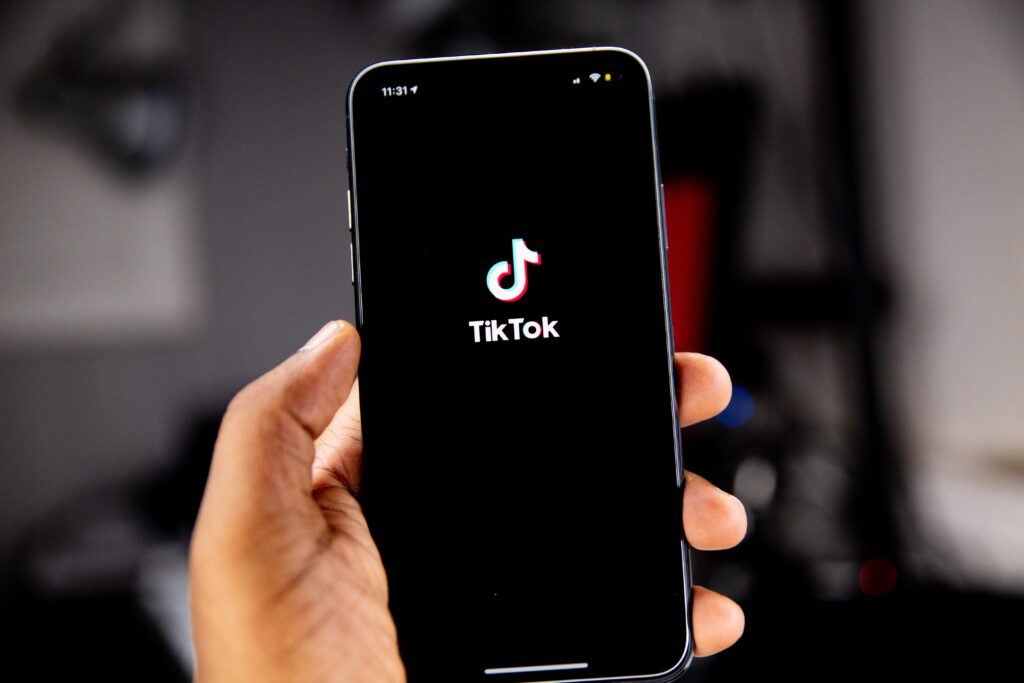Campus Crackdown on TikTok
Universities across the United States are banning the use of the social media platform that has taken the world by storm – TikTok. This mobile application allows people to create and view short-form videos from friends and influencers. Additionally, users can employ a variety of filters and sounds to enhance their content.
Popular Among Students
Currently, TikTok dominates the social media space and is extremely popular among younger generations, largely comprised of students. According to Wallaroo, 32.5% and 29.5% of American TikTok users are between 10-19 and 20-29 years old, respectively. Furthermore, 60% of the platform’s consumer base is comprised of Gen Zers. Next year, 74 million Americans will identify as part of Gen Z, making it the largest generation to date.
Security Concerns and Chinese Origin
TikTok is owned by ByteDance – a technology and entertainment internet company based in China. According to FBI Director Christopher Wray, the organization found several “national security concerns” regarding the use of the app within the United States. He warned that the “Chinese government could use [TikTok] to control data collection on millions of users.” This could be used to “control software on millions of devices [and] gives [the platform] an opportunity to potentially technically compromise personal devices,” as reported by NPR. The site utilizes a highly effective and accurate algorithm, built with the abundance of user information collected by the app. Further, “Chinese national security laws can compel foreign and domestic firms operating within the country to share their data with the government.” The FBI warns that China’s access to American user data poses a potential national security concern, especially because both countries remain perpetually in competition for the title of the most powerful global superpower. Moreover, several lawmakers proposed banning the app entirely throughout America, but legislation to support this action has yet to pass.
Universities Take Action
As of January 2023, at least twenty public universities banned TikTok from their servers. According to Time, notable schools such as the University of Texas at Austin, Texas A&M, the University of Oklahoma, and Auburn University chose to implement this ban on campus. These institutions reside in territories with preexisting anti-TikTok legislation. Governors of states such as Maryland, Texas, Georgia, and Arkansas banned the installation of the app onto government-issued devices, as noted by NBC News. State authorities enforced such legislation as a protective measure against potential data mining by the Chinese Communist Party. Universities similar to the aforementioned chose to pass these stringent regulations in order to comply with state laws. Public schools are funded by state taxes and fall under the jurisdiction of their respective gubernatorial authorities.
Negative Student Response
Unsurprisingly, students have reacted poorly to the ban on TikTok at their universities. Although these new regulations restrict their use of the app on campus Wi-Fi, most have access to personal cellular service and can still use the app. Beyond feeling inconvenienced at times when looking to browse the site, some students utilize the platform as part of their job. People who created TikTok pages to promote university-affiliated causes or organizations now no longer can use the app as a marketing tool.
What Lies Ahead?
The future of TikTok in the United States is uncertain. More schools join the list to ban the app from their campuses, but no national legislation outlawing its use as a whole has passed. Ultimately, TikTok’s existence in America lies in the hands of the government.










